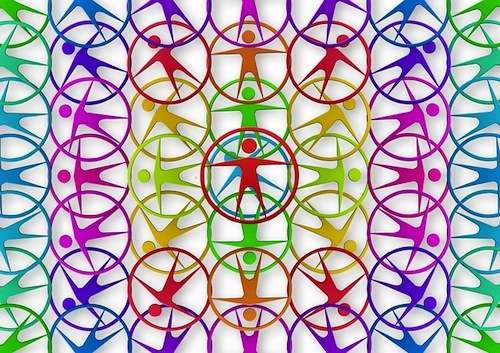
Degree in Behavioural Sciences: Possible Careers
Read a summary or generate practice questions using the INOMICS AI tool
A relatively recent degree subject of Behavioural Sciences is now being offered by universities across Europe and North America. As an interdisciplinary undergraduate course, it offers the chance to study the interface of psychology, sociology, cognitive science and anthropology. Giving students a broad understanding of perspectives on human social interaction, courses often include teaching topics such as critical reading, experimental methodologies, gender and race studies and healthcare provision. But what career options are available when you have completed your behavioural sciences degree? Below we look at some of the possible jobs which are available to behavioural sciences graduates.
Human Resources
One possible career paths for behavioural science graduates is into human resources and management. Human resources specialists generally work for larger companies, recruiting and hiring new employees, as well as dealing with personnel issues including training and development. These roles require strong inter-personal skills, as well as the ability to assess how well a person will fit with a particular department or role. Training and development also require the teaching and presentation skills that behavioural science graduates will have practised, and can be very personally rewarding as they offer the chance to help other succeed in their career goals.
Health and Social Care
Many graduates want to find a way to put their knowledge into immediate practise to help support vulnerable members of society. Social work is an important and much-needed role for which knowledge of psychology is a valuable asset. However, social work usually requires a masters degree course in addition to an undergraduate degree, so be prepared for this. Other related roles which are suitable for behavioural sciences graduates include mental health support work, healthcare specialists, and public health promotion. Public health promotion may be an especially appealing career as it includes aspects of both healthcare and psychology (for example, informing the public of health issues and how they can adapt their behaviour to mitigate their risk, or in helping people to quit smoking). The combination of healthcare knowledge and communications skills acquired from the study of behavioural sciences are ideally suited to this job.
Marketing and Advertising
Another option for behavioural science graduates is in consumer marketing or advertising. Offering chances for creative work and potentially lucrative income, advertising suits people who thrive in a high-pressure environment. A related alternative is market research work, which requires many of the same skills as psychology or sociology research – including selection of appropriate research methodologies, survey design, qualitative and quantitative data analysis, and report writing.
Law Enforcement
For those who specialise in criminology or forensic psychology, law enforcement is a viable career option. While police work requires extensive training, an understand of psychology, crowd behaviour and scientific research methods make an excellent basis from which to begin work in law enforcement. Other opportunities arise in work within the prison system, which can involve both security work and inmate rehabilitation. This work can be physically and psychologically demanding, but also rewarding for those looking to keep people safe and to help rehabilitate those who are already within the criminal justice system.
Education
One popular career for behavioural sciences graduates is in education. Teaching makes use of the knowledge gained in studying behavioural sciences, such as understanding of different learning methods and the ability to parse information into a form comprehensible to other people. Special needs teachers work with children who have psychological or physical disabilities which mean that they require extra support in learning. Special needs teaching is especially suited to graduates who have a solid understanding of neurodevelopmental disabilities such as autism or ADHD, and is a challenging but rewarding way to ensure that children can achieve their potential in learning. Further training is usually required after the bachelors degree in order to enter teaching, however teachers are in high demand in many countries and teaching training may be fully or partially funded by the government.
As you can see, the range of careers options for behavioural sciences graduates is broad. Check out INOMICS for the latest opportunities for graduates in this and other fields.
-
- Researcher / Analyst Job
- (Partially Remote)
- Posted 1 month ago
Associate Economist
At The Conference Board in Europe in Brussels, Belgium
-
- Assistant Professor / Lecturer Job
- Posted 2 weeks ago
Tenure Track Assistant Professor in Economics
At DEMS - University of Milan-Bicocca in Milan, Italy
-
- Postdoc Job
- Posted 2 weeks ago
Postdoctoral Researcher in Environmental Economics
At Aarhus University in Århus, Denmark











